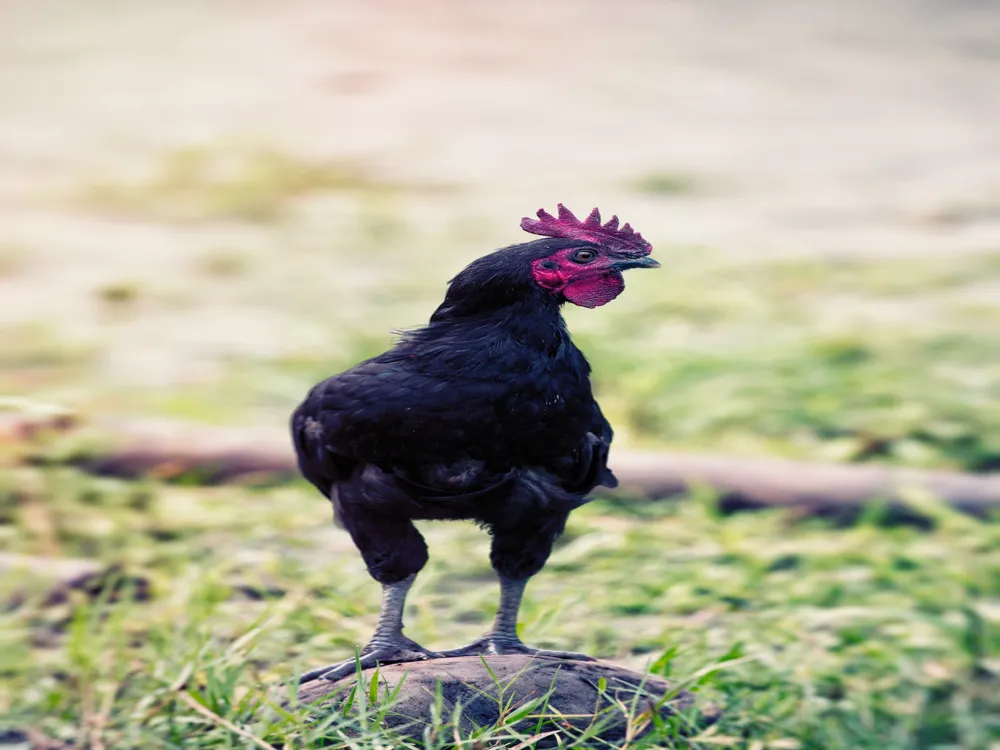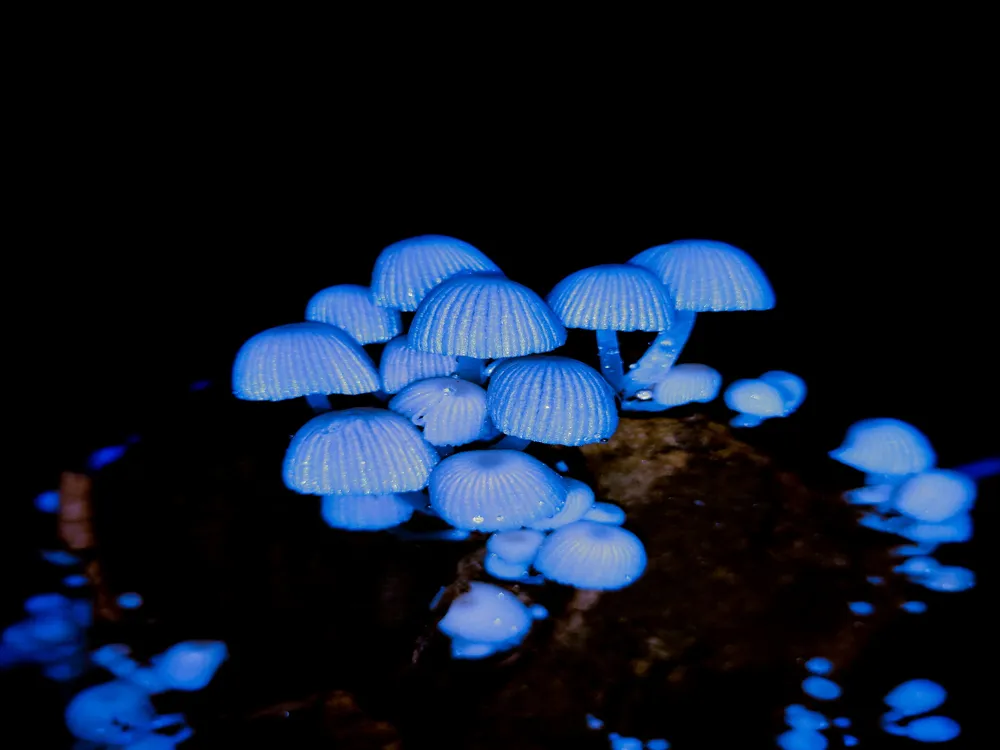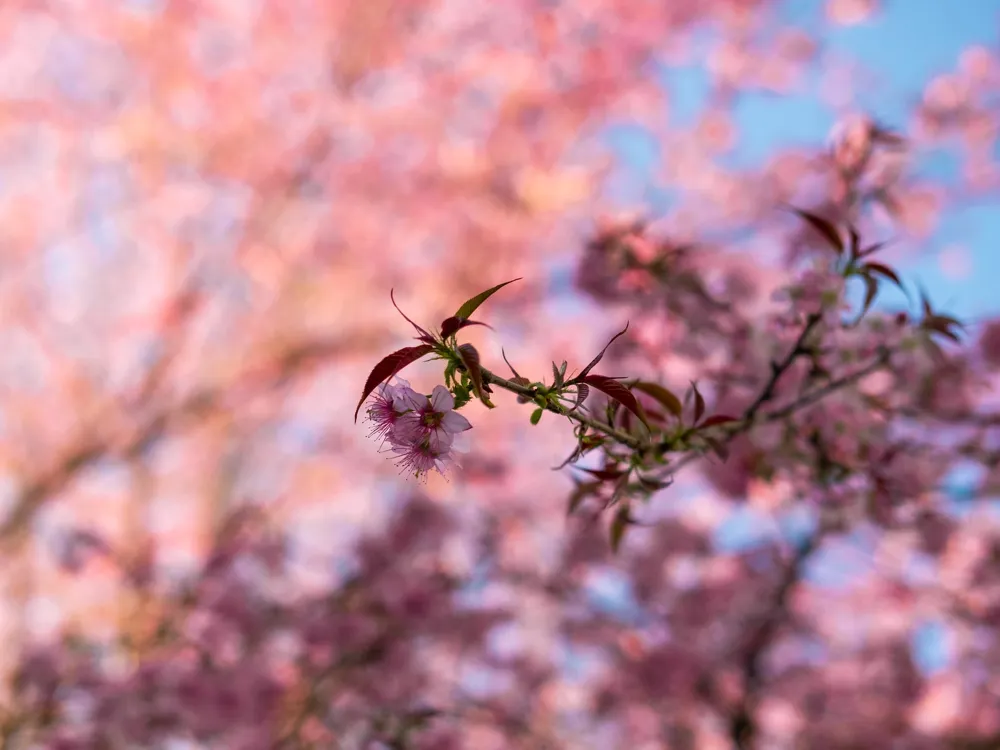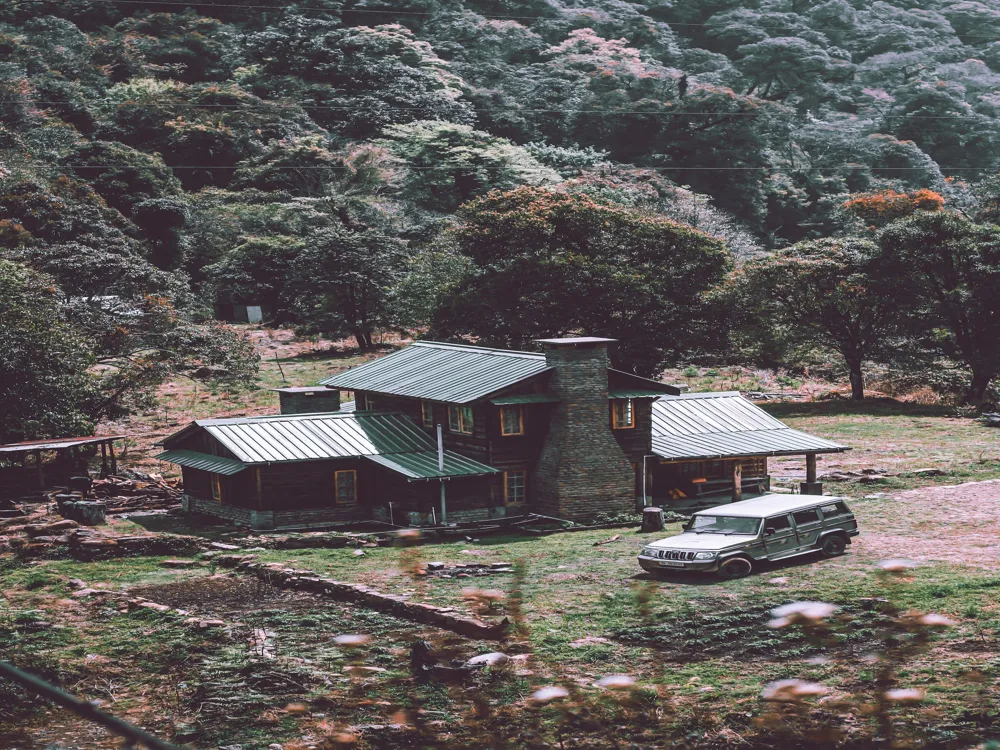Nestled in the verdant landscape of Jorhat, Assam, the Cinnamora Tea Estate is not just a scenic marvel but a living chronicle of India's tea history. Established in 1850 by Maniram Dewan, it is renowned as Assam's first tea estate. This picturesque estate sprawls expansively, characterized by lush green tea bushes that stretch as far as the eye can see, interspersed with tall, shady trees. The region's unique climatic conditions, with its ample rainfall and warm, humid temperatures, create the perfect environment for tea cultivation, contributing to the distinctive aroma and flavor of Cinnamora's tea. The estate's history is steeped in the rich cultural and colonial past of Assam. It played a pivotal role in introducing tea cultivation to the region, which has now become synonymous with high-quality tea production worldwide. Visitors to Cinnamora are often captivated by the rhythmic dance of the tea pickers, predominantly local women, who skillfully navigate the rows of bushes, plucking the perfect leaves with a precision honed by generations of expertise. The estate also includes a state-of-the-art processing plant where visitors can witness the fascinating journey of tea leaves from bush to cup. The architecture of Cinnamora Tea Estate is a testament to its rich history and heritage. The central bungalow, built during the British era, stands as an iconic structure, reflecting the colonial architectural style. Its imposing facade, characterized by white walls and sloping red-tiled roofs, stands in striking contrast against the lush green backdrop. The wide verandas, tall wooden ceilings, and large, airy rooms of the bungalow offer a glimpse into the lifestyle of the British tea planters. Walking through the estate, one can observe the harmonious blend of traditional Assamese and colonial architectural styles. The labor quarters, smaller in scale but significant in their historical value, are built in a traditional Assamese style, using locally sourced materials. These structures are a reminder of the diverse cultural influences that have shaped the estate over the years. The ideal time to visit Cinnamora Tea Estate is between November and May. During these months, the weather is pleasant, with minimal rainfall, offering clear views of the estate and comfortable conditions for exploring. Opt for a guided tour to enhance your experience. Knowledgeable guides can provide insightful information about the estate's history, the tea-making process, and the unique flora and fauna of the region. While visiting, respect the local customs and traditions. Dress modestly, and always ask for permission before taking photographs of the workers or private properties within the estate. Cinnamora Tea Estate is accessible via road from Jorhat city. The nearest airport is Jorhat Airport, approximately 15 kilometers away. From the airport, visitors can hire taxis or take local buses to reach the estate. For those traveling by train, the nearest railway station is Jorhat Railway Station, from where taxis and buses are readily available. The well-connected roads and availability of public transport make it convenient for visitors to reach the estate. Read MoreOverview of Cinnamora Tea Estate in Jorhat, Assam
The architecture of Cinnamora Tea Estate
Tips When Visiting Cinnamora Tea Estate
Best Time to Visit
Guided Tours
Local Etiquette
How To Reach Cinnamora Tea Estate
Cinnamora Tea Estate
Jorhat
Assam
₹ 6,000 onwards
View jorhat Packages
Jorhat Travel Packages
View All Packages For Jorhat
Top Hotel Collections for Jorhat

Private Pool

Luxury Hotels

5-Star Hotels

Pet Friendly
Top Hotels Near Jorhat
Other Top Ranking Places In Jorhat
View All Places To Visit In jorhat
View jorhat Packages
Jorhat Travel Packages
View All Packages For Jorhat
Top Hotel Collections for Jorhat

Private Pool

Luxury Hotels

5-Star Hotels

Pet Friendly





















